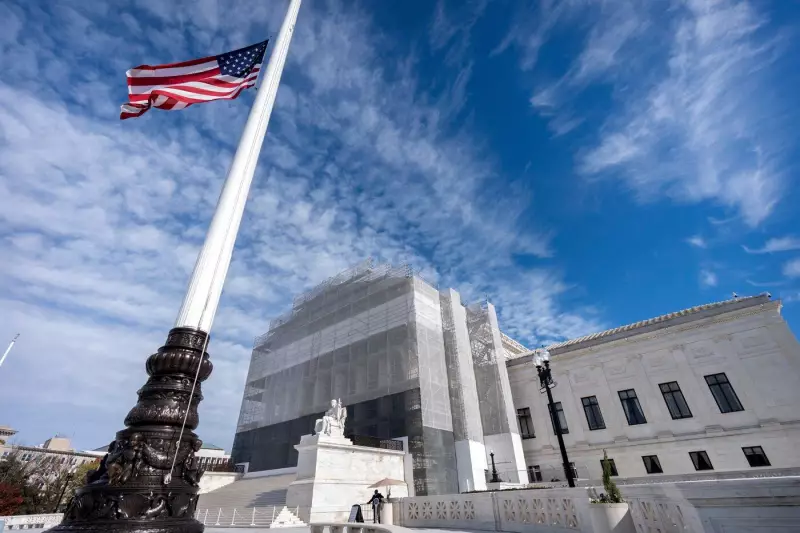
In a significant legal development that has sent shockwaves through LGBTQ+ communities, the United States Supreme Court has effectively upheld a controversial Trump-era policy regarding passport gender markers.
What the Supreme Court Decision Means
The nation's highest court declined to hear a challenge to the previous administration's policy, effectively allowing the government to continue blocking transgender and nonbinary individuals from self-selecting their sex markers on official passport applications. This decision represents a major setback for gender identity recognition at the federal level.
The Background of the Legal Battle
The case originated during Donald Trump's presidency when his administration implemented stricter requirements for changing gender markers on passports. Unlike more inclusive state-level policies, the federal approach required extensive medical documentation that many advocates argue creates unnecessary barriers and violates individual rights.
Implications for Transgender and Nonbinary Travelers
This ruling has profound practical consequences for thousands of Americans:
- Travel complications: Individuals may be forced to present identification that doesn't match their gender expression
- Safety concerns: Increased risk of discrimination and harassment during security screenings
- Administrative burdens: Complex documentation requirements create additional hurdles
- Psychological impact: Invalidating people's gender identity through official documents
Broader Context of LGBTQ+ Rights
This decision comes amid a broader national conversation about transgender rights in the United States. While some states have moved toward greater inclusion with gender-neutral options on driver's licenses and birth certificates, this federal-level ruling represents a contrasting approach that could influence other policy areas.
Legal experts suggest this may not be the final word on the matter, as advocacy groups are already exploring alternative legal strategies and legislative solutions to address what they view as a fundamental rights issue affecting a vulnerable population.





